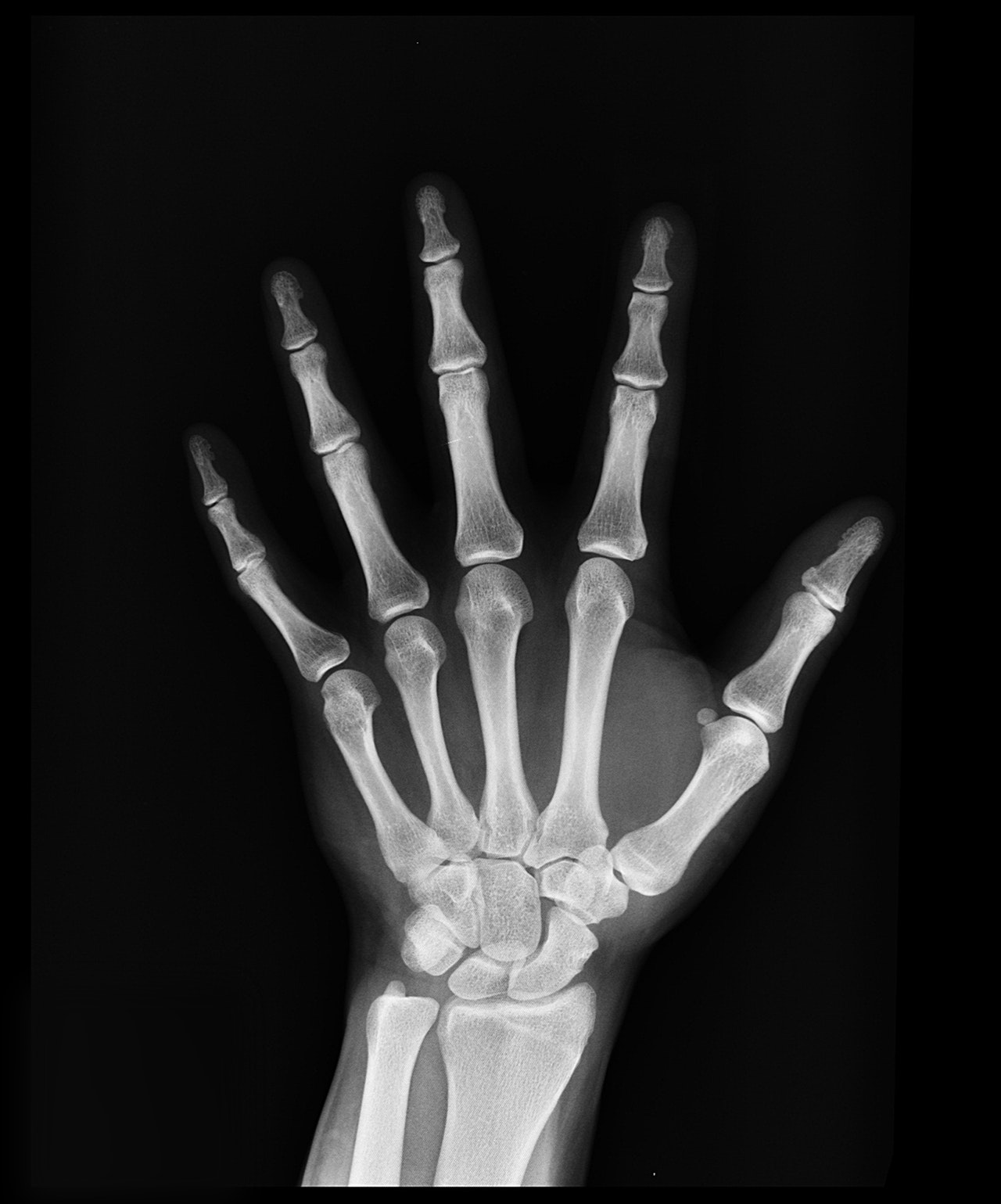Bone Disease

Many patients with renal failure will be asked to take medication to avoid bone disease. The following is the reasoning why.
The kidneys keep the level of phosphate and calcium just right and activate vitamin D to absorb calcium from food and then to get the calcium to strengthen the bones. As the kidneys fail there are some complicated changes in these processes - they are not well understood even now and ideas about treatment are changing.
Two processes develop:
-
The kidneys do not get rid of the phosphate so the levels rise
- this may cause skin itch. -
Vitamin D is not activated so calcium levels fall
- this may cause tiredness.
This causes glands in the neck in the thyroid gland (the parathyroids) to secrete a hormone - parathyroid hormone (PTH) - which tries to correct the low calcium by altering the way the bones are strengthened. This sounds like a good idea but over the years leads to problems with the bones becoming weak or brittle.
Blood tests can be taken to measure calcium, phosphate and PTH - treatment will then be started to correct the changes. These processes happen quite soon in kidney failure and drugs may be started at this stage.
These may be a combination of:
-
Phosphate binders to reduce phosphate levels, and in the case of calcium salts to increase calcium levels
-
Vitamin D - to raise calcium and to stop the secretion of PTH and therefore protect the bones. This may be given by mouth (each day or 2-3 times per week) or into the haemodialysis lines after dialysis.
-
X rays will be taken each year (usually hands and skull - may be called macrograms) to check on the bones.
Sometimes, the parathyroid gland will not stop making PTH - this will lead to more bone problems. Tests can be done to look at the parathyroids (ultrasound and isotope) and then it may be that the best option is to have an operation to remove the parathyroid glands (parathyroidectomy). This operation is usually done under general anaesthetic and means you would be in hospital for 5-7 days.

